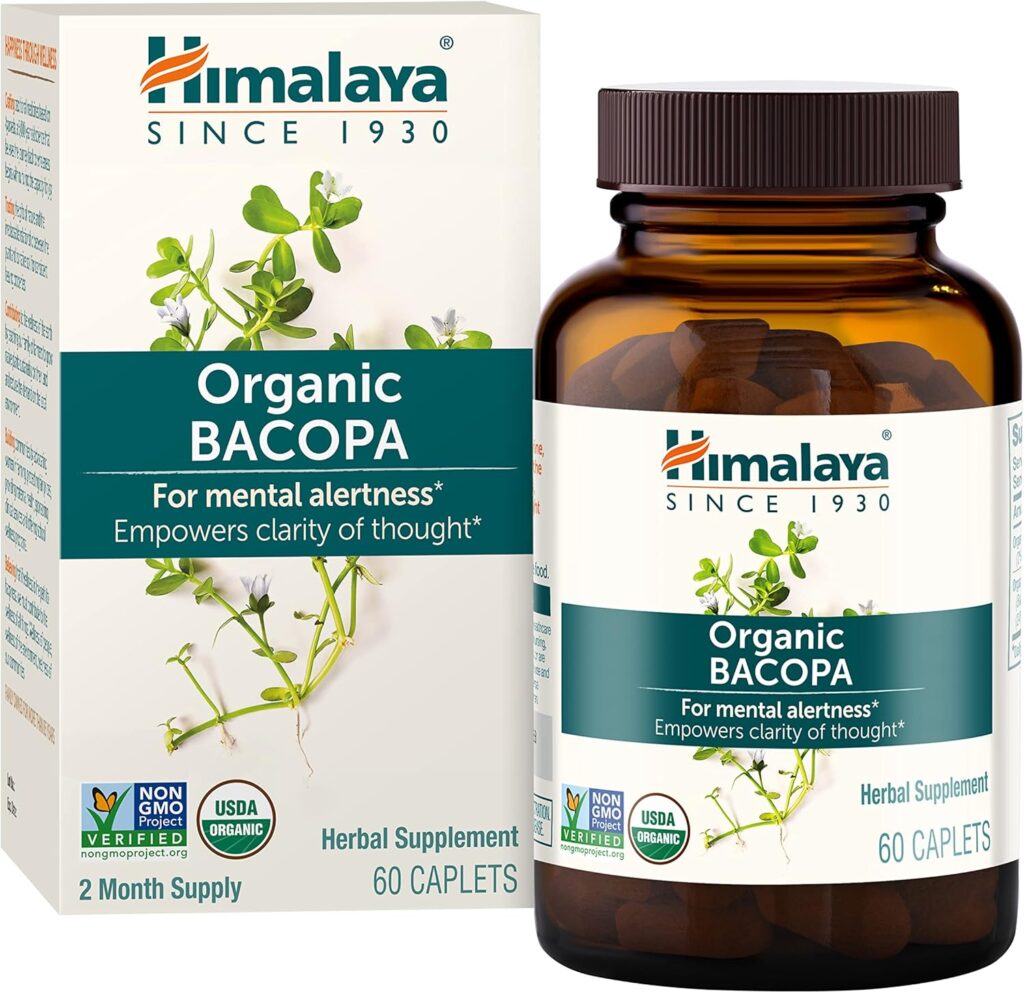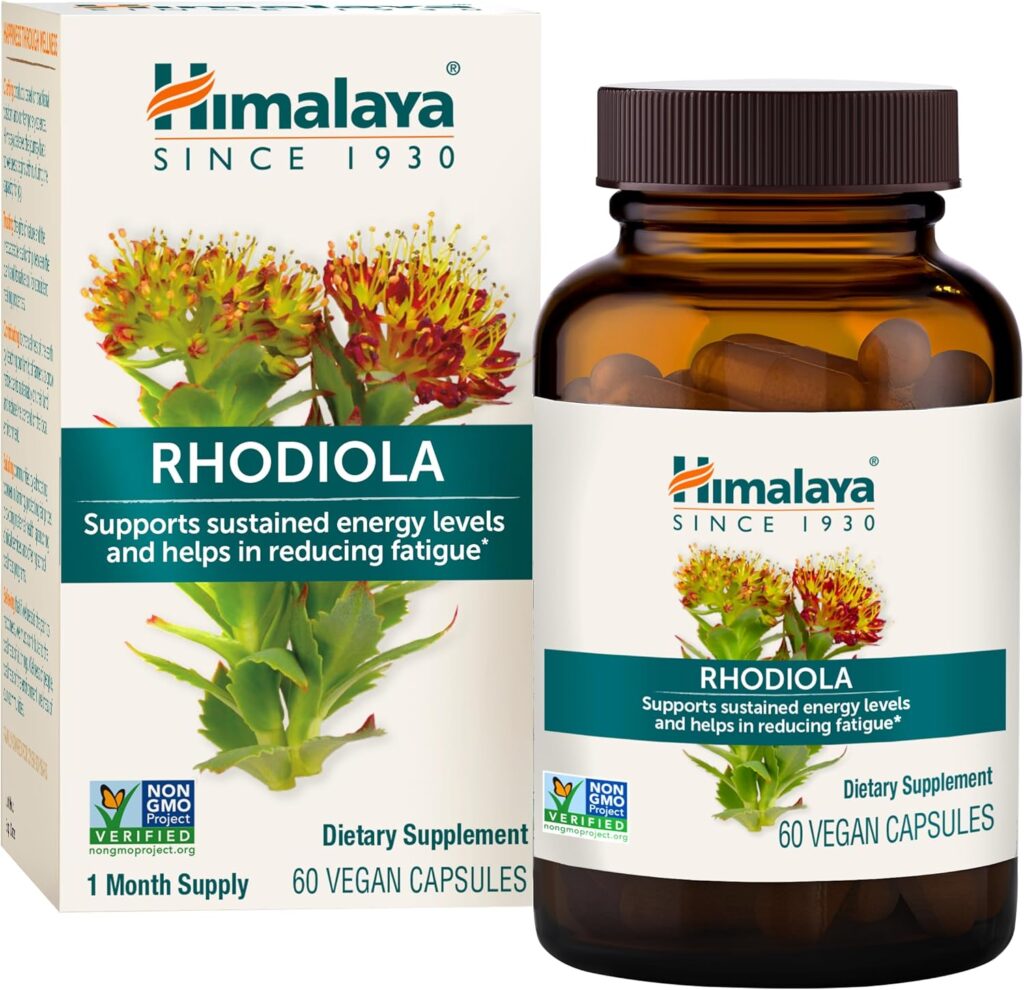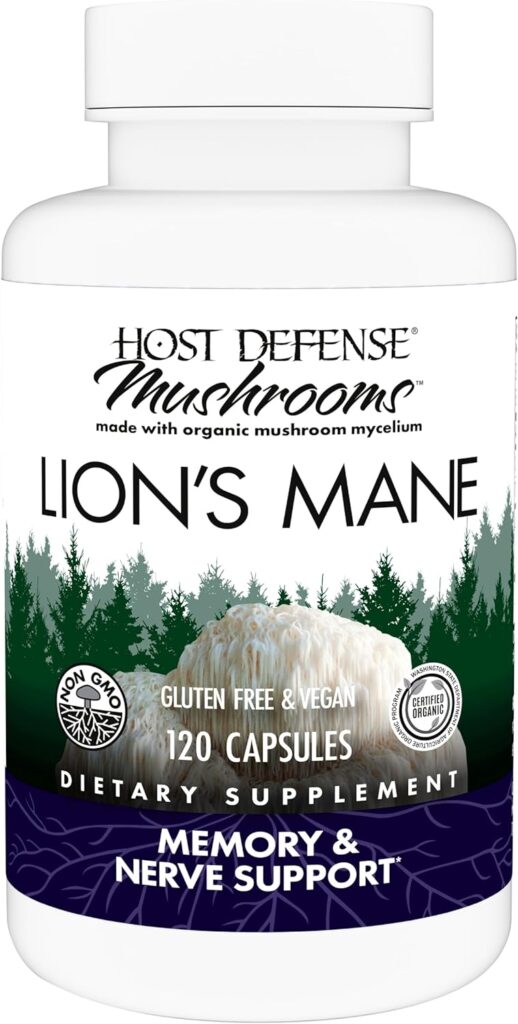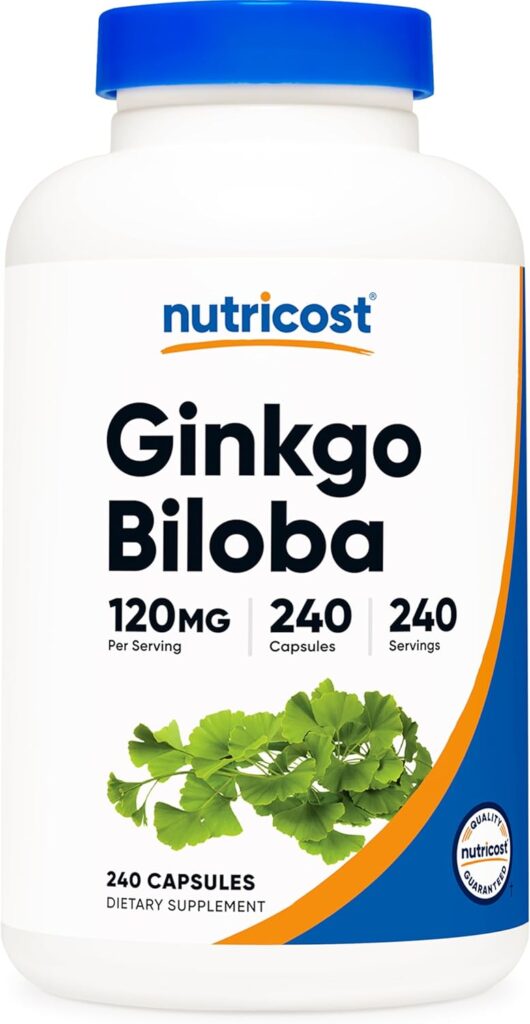As someone who has extensively researched and experimented with cognitive enhancers, I’m excited to share my insights on navigating the complex world of nootropics. Selecting the ideal nootropic for your specific needs can be a game-changer in realizing your mental performance goals.
Let’s take a look at the key factors to consider and strategies to employ when choosing the right nootropic for you.
Understanding Your Cognitive Goals
The foundation of selecting an effective nootropic comes from clearly defining your cognitive goals. Are you a student aiming to boost your study efficiency?
A professional seeking to enhance creativity and problem-solving skills?
Or perhaps you’re looking to combat age-related cognitive decline? Each of these goals requires a tailored approach and potentially different nootropic solutions.
For those prioritizing memory enhancement, exploring cholinergic compounds like Alpha-GPC or racetams such as piracetam can be useful. These substances support memory formation and recall by modulating acetylcholine, a neurotransmitter crucial for cognitive function.
If improving focus and attention is your primary aim, stimulants like caffeine or more advanced options such as modafinil might be worth considering. However, it’s crucial to weigh the potential benefits against possible side effects and consider your individual tolerance to stimulants.
Researching Nootropic Categories
Once you’ve identified your goals, it’s time to explore the various categories of nootropics:
Racetams
Racetams are known for their cognitive-enhancing effects, particularly on memory and learning. Popular options include piracetam, aniracetam, and oxiracetam.
These compounds work by modulating neurotransmitter systems and enhancing neuroplasticity.
Adaptogens
Adaptogenic herbs help the body resist stressors and maintain balance. Examples include Rhodiola Rosea, Ashwagandha, and Bacopa Monnieri.
These natural substances can improve cognitive function while also supporting overall stress resilience.
Cholinergics
Compounds that affect the acetylcholine system are crucial for memory and learning. Alpha-GPC, CDP-Choline, and Huperzine A are popular cholinergic nootropics.
They work by increasing acetylcholine levels or enhancing it’s effectiveness in the brain.
Natural Nootropics
Herbs and nutrients with cognitive-enhancing properties offer a gentler approach to brain optimization. Lion’s Mane mushroom, Ginkgo Biloba, and Omega-3 fatty acids are examples of natural nootropics that can support overall cognitive health.
Synthetic Nootropics
Man-made compounds designed specifically for cognitive enhancement include modafinil, noopept, and various racetams. These substances often have more potent effects but may also carry a higher risk of side effects.
Each category has it’s own set of benefits, mechanisms of action, and potential side effects. Thoroughly researching each option and understanding how it aligns with your specific goals is crucial for making an informed decision.
Considering Your Physiology and Health Status
Your individual physiology, existing health conditions, and genetic factors significantly influence how you respond to different nootropics. Some people may be more sensitive to stimulants, while others might have a genetic predisposition that affects how they metabolize certain compounds.
Consider any medications you’re currently taking, as some nootropics can interact with prescription drugs. This is why consulting with a healthcare professional before starting any new supplement regimen is always recommended.
For those new to nootropics, starting with natural options can be a wise approach. These substances typically have a long history of use and generally favorable safety profiles.
Some excellent natural nootropics to consider include:
Bacopa Monnieri
Known for it’s memory-enhancing properties, Bacopa Monnieri has been used in traditional Ayurvedic medicine for centuries. It works by promoting neuron communication and protecting the brain from oxidative stress.

Rhodiola Rosea
This adaptogenic herb can help reduce stress and improve mental performance. Rhodiola works by balancing stress hormones and supporting neurotransmitter function.

Lion’s Mane Mushroom
Lion’s Mane supports overall cognitive health and may promote neurogenesis. It contains compounds that stimulate the production of nerve growth factor, potentially enhancing brain plasticity.

Ginkgo Biloba
Ginkgo can improve blood flow to the brain and enhance memory. It’s antioxidant properties also help protect brain cells from damage.
These natural options can serve as a gentle introduction to nootropics and help you gauge how your body responds to cognitive enhancers.

Understanding Nootropic Stacks
As you become more familiar with individual nootropics, exploring the concept of ‘stacking’ – combining multiple nootropics for synergistic effects – can be useful. A classic example is the combination of caffeine and L-theanine, which can provide enhanced focus while reducing the jittery side effects often associated with caffeine alone.
However, approaching stacking with caution is crucial. Start with simple, well-researched combinations and gradually experiment with more complex stacks as you gain experience.
Always research potential interactions and be mindful of the total dosage of each component.
Some popular nootropic stacks include:
- Caffeine + L-Theanine: Enhances focus and alertness while promoting relaxation.
- Bacopa Monnieri + Lion’s Mane: Supports memory and overall cognitive function.
- Racetam + Choline source: Enhances the effects of racetams while preventing potential headaches.
- Rhodiola Rosea + Ashwagandha: Combines adaptogenic benefits for stress reduction and cognitive enhancement.
When creating your own stack, start with low doses of each component and gradually increase as needed. Keep detailed notes on your experiences to fine-tune your stack over time.
Dosage, Timing, and Cycling
The effectiveness of nootropics often depends on proper dosage and timing. Some substances work best when taken in the morning, while others might be more suitable for evening use.
For example, stimulating nootropics like modafinil are typically taken early in the day to avoid interfering with sleep patterns.
Many nootropic users practice ‘cycling’ – alternating periods of use with breaks. This strategy can help prevent tolerance buildup and maintain the effectiveness of the nootropics over time.
The specific cycling schedule can vary depending on the substance and individual response.
Here are some general guidelines for dosage and timing:
- Start with the lowest effective dose and gradually increase if needed.
- Take fat-soluble nootropics with a meal containing healthy fats for better absorption.
- Space out doses of stimulating nootropics to avoid sleep disruption.
- Consider cycling more potent nootropics, such as racetams, with periods of use followed by breaks.
Remember that individual responses can vary, so what works for one person may not work the same for another. Patience and careful self-observation are key to finding your optimal dosage and timing.
Monitoring and Adjusting
Once you’ve started your nootropic regimen, carefully monitoring your response is crucial. Keep a journal to track changes in cognitive function, mood, and any side effects you might experience.
This self-observation will help you fine-tune your approach and identify which substances work best for you.
Don’t be discouraged if you don’t see immediate results or if a particular nootropic doesn’t work as expected. Finding the right combination often requires patience and experimentation. Be prepared to adjust your regimen based on your experiences and ongoing research.
Some key aspects to monitor include:
- Cognitive performance: Memory, focus, processing speed, and creativity.
- Mood and emotional state: Anxiety levels, motivation, and overall well-being.
- Physical effects: Energy levels, sleep quality, and any side effects.
- Long-term changes: Gradual improvements or declines in cognitive function over time.
Use goal measures when possible, such as cognitive tests or productivity tracking apps, to supplement your subjective observations.
Lifestyle Factors and Nootropics
Nootropics work best when combined with a healthy lifestyle that includes adequate sleep, regular exercise, a balanced diet, and effective stress management techniques. Optimizing these foundational aspects of health can significantly enhance the effectiveness of nootropics and may even reduce the need for certain supplements.
Consider incorporating the following lifestyle practices to support your cognitive enhancement goals:
- Prioritize sleep: Aim for 7-9 hours of quality sleep each night to support memory consolidation and overall brain health.
- Exercise regularly: Physical activity promotes neuroplasticity and improves cognitive function.
- Maintain a balanced diet: Focus on whole foods rich in omega-3 fatty acids, antioxidants, and essential nutrients.
- Practice stress-reduction techniques: Meditation, deep breathing exercises, or yoga can help manage stress and improve cognitive performance.
- Stay mentally active: Engage in challenging cognitive activities like learning a new language or solving puzzles to keep your brain sharp.
By addressing these foundational aspects of health, you create an optimal environment for nootropics to exert their effects.
Legal Considerations
Before purchasing or using any nootropic, being aware of it’s legal status in your region is crucial. Regulations can vary widely between countries and even states.
Some nootropics may require a prescription or may be classified as controlled substances in certain areas.
Always confirm you’re operating within the bounds of local laws and regulations. Research the legal status of specific nootropics in your area and ask with local authorities or legal experts if you’re unsure.
Some general guidelines to consider:
- Natural nootropics like herbs and vitamins are generally legal in most countries.
- Synthetic nootropics may have varying legal statuses depending on the region.
- Some nootropics that are available over-the-counter in one country may be prescription-only in another.
- Be cautious when ordering nootropics online, as import regulations can differ from domestic laws.
Staying informed about the legal landscape of nootropics in your area will help you make responsible choices and avoid potential legal issues.
Safety and Side Effects
While many nootropics have favorable safety profiles, it’s essential to be aware of potential side effects and interactions. Even natural substances can have adverse effects in some people or when taken in high doses.
Common side effects of nootropics can include:
- Headaches
- Insomnia or changes in sleep patterns
- Digestive issues
- Anxiety or irritability
- Changes in blood pressure or heart rate
To minimize the risk of side effects:
- Start with low doses and gradually increase as needed.
- Research potential interactions with medications or other supplements you’re taking.
- Be aware of your individual sensitivities and allergies.
- Discontinue use and ask a healthcare professional if you experience persistent or severe side effects.
Remember that long-term safety data is limited for many newer synthetic nootropics. Prioritize well-researched substances and natural options when possible, especially for long-term use.
Quality and Sourcing
The quality and purity of nootropic supplements can vary significantly between manufacturers. To confirm you’re getting safe and effective products:
- Choose reputable brands with a track record of quality and transparency.
- Look for third-party testing certifications.
- Read customer reviews and experiences, but be critical of overly positive or negative claims.
- Consider the source of natural nootropics, as growing conditions can affect potency.
- Be cautious of extremely low-priced products, as they may be of lower quality or purity.
Investing in high-quality nootropics from trusted sources can make a significant difference in your results and overall safety.
Personalization and Experimentation
The field of nootropics is highly individualized, and what works well for one person may not be as effective for another. Embrace a mindset of careful experimentation and personalization as you explore different nootropics and combinations.
Some strategies for personalization include:
- Start with single nootropics before moving to more complex stacks.
- Keep detailed records of your experiences, including dosages, timing, and effects.
- Be patient and give each nootropic or stack adequate time to show effects before making changes.
- Consider genetic testing to identify potential sensitivities or optimal pathways for cognitive enhancement.
- Regularly reassess your goals and adjust your nootropic regimen accordingly.
Remember that cognitive enhancement is a long-term process, and finding your optimal nootropic routine may take time and experimentation.
Some questions to reflect on include:
- Is it fair to use cognitive enhancers in competitive academic or professional settings?
- How might widespread use of nootropics affect societal expectations of productivity and performance?
- Are there potential long-term consequences of altering brain chemistry that we’re not yet aware of?
- How can we confirm equitable access to cognitive enhancement technologies?
While there are no easy answers to these questions, being mindful of the broader implications of nootropic use can help you make more informed and responsible choices.
Future of Nootropics
The field of nootropics is rapidly evolving, with ongoing research into new compounds and combinations. Some exciting areas of development include:
- Personalized nootropic formulations based on genetic profiles
- Advanced delivery systems for improved bioavailability
- Combination therapies integrating nootropics with other cognitive enhancement techniques
- Exploration of natural compounds with cognitive-enhancing properties
- Development of more targeted synthetic nootropics with fewer side effects
Staying informed about these developments can help you make the most of emerging opportunities in cognitive enhancement.
People Also Asked
What are the best nootropics for beginners?
Natural nootropics like Bacopa Monnieri, Lion’s Mane mushroom, and L-Theanine are often recommended for beginners due to their generally favorable safety profiles and well-established benefits.
Can nootropics improve memory?
Many nootropics, such as Bacopa Monnieri, Piracetam, and Ginkgo Biloba, have shown potential for improving various aspects of memory, including formation, recall, and working memory.
Are nootropics safe for long-term use?
The safety of long-term nootropic use depends on the specific substance. Natural nootropics and well-researched compounds like Bacopa Monnieri are generally considered safe for long-term use, while the long-term effects of newer synthetic nootropics are less well-understood.
How long does it take for nootropics to work?
The onset of effects varies widely between different nootropics. Some, like caffeine, can work within minutes, while others, such as Bacopa Monnieri, may take several weeks of consistent use to show noticeable benefits.
Can nootropics help with anxiety?
Certain nootropics, particularly adaptogens like Ashwagandha and L-Theanine, have shown potential for reducing anxiety and promoting a sense of calm focus.
What’s the difference between nootropics and smart drugs?
The terms are often used interchangeably, but “nootropics” generally refers to cognitive enhancers with low risk of side effects, while “smart drugs” may include more potent prescription medications used off-label for cognitive enhancement.
Are there any nootropics that can replace sleep?
No nootropic can fully replace the cognitive benefits of adequate sleep. While some substances like modafinil can temporarily mitigate the effects of sleep deprivation, they are not a sustainable substitute for proper sleep hygiene.
Can I take nootropics with my current medications?
The potential for interactions between nootropics and medications varies widely. It’s crucial to ask with a healthcare professional before combining nootropics with any prescription medications.
What are the most effective nootropics for focus and concentration?
Stimulants like caffeine, as well as compounds such as modafinil, Rhodiola Rosea, and L-Tyrosine, are often cited as effective for improving focus and concentration.
How do I know if a nootropic is working for me?
Tracking cognitive performance through goal tests, monitoring subjective experiences, and maintaining a detailed journal can help you assess the effectiveness of a nootropic regimen.
Key Takeaways
- Clearly define your cognitive goals before choosing a nootropic.
- Research different categories of nootropics and their mechanisms of action.
- Consider your individual physiology and health status.
- Start with well-researched, natural nootropics before exploring synthetic options.
- Understand the concept of nootropic stacking and approach it cautiously.
- Pay attention to proper dosage, timing, and cycling strategies.
- Monitor your response carefully and be prepared to adjust your approach.
- Combine nootropics with a healthy lifestyle for optimal results.
- Be aware of the legal status of nootropics in your region.
- Prioritize safety and quality when selecting nootropic products.
